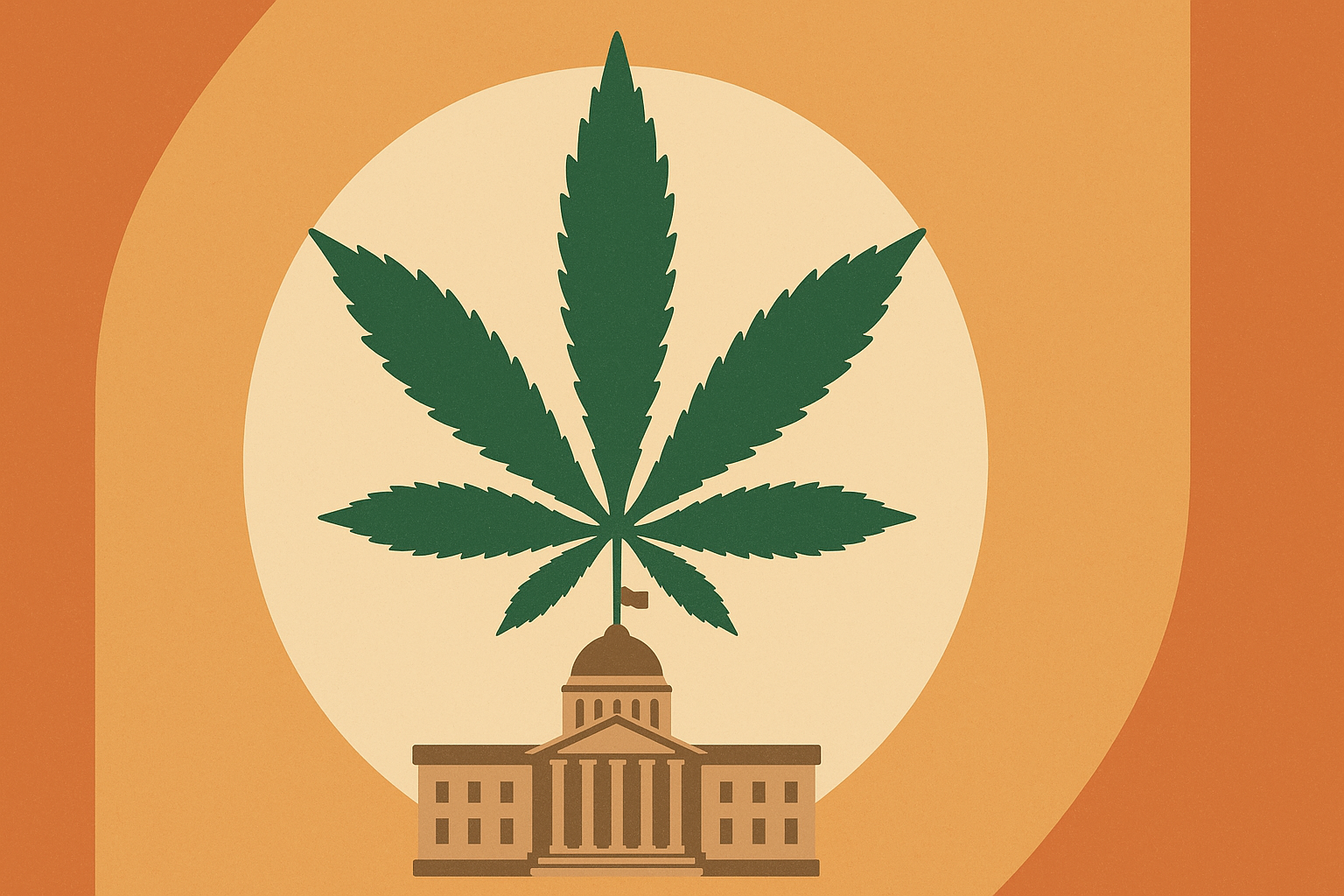President Donald Trump has indicated that his administration is weighing a decision to reclassify marijuana as a less dangerous substance under federal law, with an announcement possible within the next two weeks.
Since 1970, marijuana has been classified as a Schedule I drug — the most restrictive category, reserved for substances deemed highly dangerous, addictive, and without accepted medical use. In 2024, the Drug Enforcement Administration proposed moving marijuana to Schedule III, alongside substances such as ketamine and testosterone, which are recognized as having medical applications and lower abuse potential.
Trump described the decision as complex, citing the need to balance the potential medical benefits of marijuana against possible societal harms. “Some people like it, some people hate it. Some people hate the whole concept of marijuana,” he told reporters.
Potential Benefits for Research and Medicine
Medical experts say reclassification could significantly advance scientific understanding and patient care. Dr. Raphael Cuomo, a biomedical scientist and professor at the University of California San Diego School of Medicine, explained that rescheduling would make it easier for researchers to study marijuana’s effects across medical conditions. This could improve dosage guidance, safety data, and drug interaction knowledge — particularly in fields such as oncology, pain management, and palliative care.
Cuomo added that rescheduling could also lead to better quality control of FDA-approved cannabinoid products and accelerate high-quality clinical trials, resulting in more standardized treatments and answers to critical patient questions.
Public Health Concerns
However, experts warn that reclassification could be misinterpreted as a federal endorsement of marijuana’s safety, especially as heavy use is on the rise. A 2024 study in Addiction found that in 2022, marijuana use surpassed high-frequency alcohol consumption for the first time in the U.S., with 17.7 million people reporting daily or near-daily cannabis use compared to 14.7 million frequent alcohol drinkers.
From 1992 to 2022, daily or near-daily marijuana use increased 15-fold, with about 40% of cannabis users in 2022 reporting such frequent consumption. Research links long-term or heavy cannabis use to memory impairment, psychotic disorders, and other mental health issues. Physical effects can include lung irritation, chronic bronchitis, and cardiovascular risks. Heavy use may also lead to Cannabinoid Hyperemesis Syndrome, a condition causing persistent vomiting that resolves after stopping use.
Need for Public Messaging
If the administration moves forward with reclassification, Cuomo stressed the importance of accompanying the change with clear public health messaging. This should include warnings for young people, pregnant individuals, drivers, and those with a history of psychosis to ensure that reclassification does not lead to a false sense of safety.
The potential policy shift would represent one of the most significant changes in federal marijuana regulation in over 50 years, with implications for medical research, public health, and the cannabis industry.


